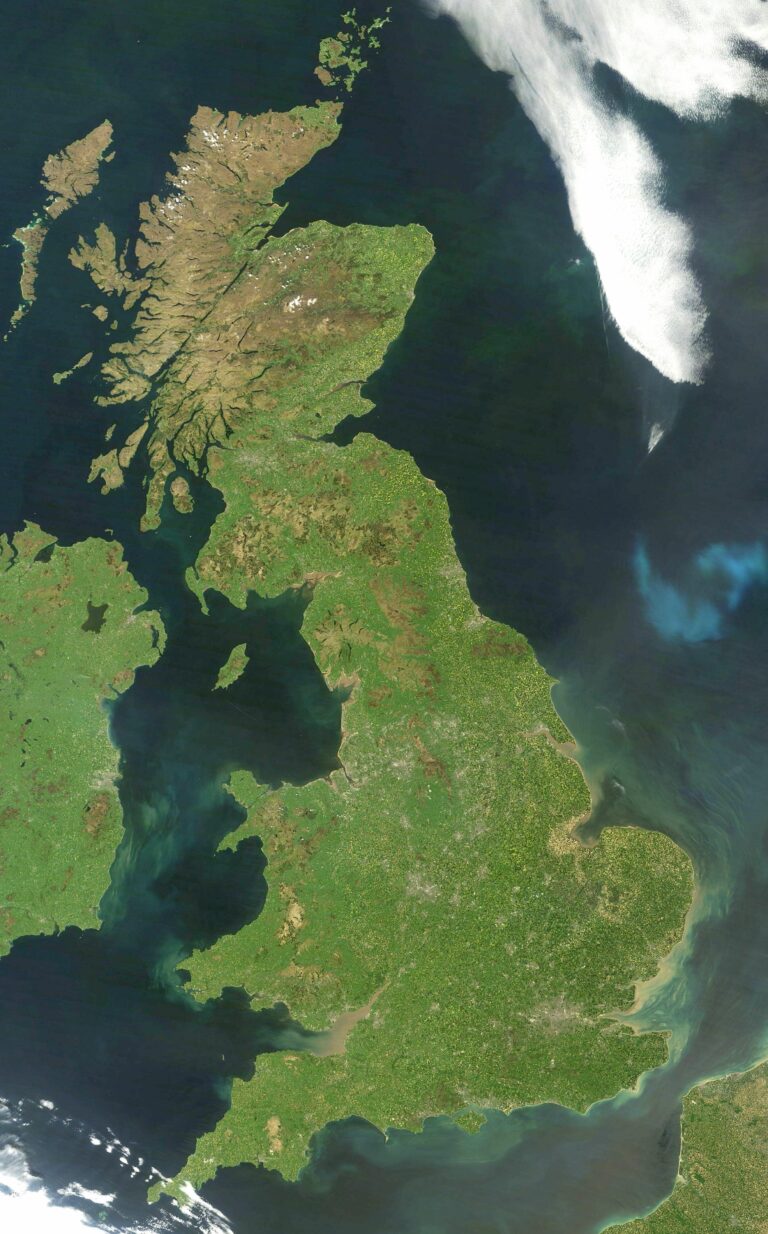The United Kingdom has announced it will recognize a Palestinian state unless Israel agrees to implement a ceasefire in Gaza, signaling a potential shift in British foreign policy amid escalating violence in the region. The move comes as international pressure mounts to halt hostilities between Israeli forces and Palestinian militants, with humanitarian concerns growing over the ongoing conflict. This development marks a significant moment in the long-standing Israeli-Palestinian dispute, highlighting the UK’s increasing willingness to take a more assertive stance in pursuit of peace.
Britain Signals Conditional Recognition of Palestinian State Amid Gaza Conflict
In a significant diplomatic move, the UK government has indicated it will extend formal recognition to Palestine unless Israel agrees to an immediate ceasefire in the ongoing Gaza conflict. This stance reflects mounting international pressure on Israel to halt hostilities and opens a new chapter in Britain’s Middle East policy, emphasizing a conditional approach tied directly to the humanitarian crisis unfolding in Gaza.
The British Foreign Secretary outlined several key conditions attached to this potential recognition:
- Immediate cessation of violence between Israeli forces and Palestinian militants.
- Unhindered humanitarian access to affected Gaza populations.
- Commitment to future peace negotiations addressing broader regional stability.
| Condition | UK’s Position | Expected Outcome |
|---|---|---|
| Ceasefire Agreement | Mandatory for recognition | Immediate reduction in hostilities |
| Humanitarian Aid | Unrestricted delivery | Improved aid access to Gaza |
| Peace Negotiations | Support for dialogue | Long-term conflict resolution |
Implications for UK Foreign Policy and Middle East Diplomacy
The UK’s impending decision to recognize a Palestinian state, contingent on a ceasefire in Gaza, marks a pivotal shift in its Middle East diplomacy. This nuanced stance underscores London’s desire to balance its longstanding alliance with Israel with growing domestic and international pressure to address humanitarian concerns in Gaza. It signals a move toward more assertive diplomatic engagement, potentially recalibrating the UK’s influence in peace negotiations and regional stability. The British government’s approach may also serve as a catalyst for broader European reevaluation of their policies toward the Israeli-Palestinian conflict, injecting renewed urgency into stalled peace efforts.
- Potential reinforcement of UK’s role as mediator in Middle East peace talks
- Increased diplomatic tension with Israeli government if demands are unmet
- Broader implications for UK-US relations given Washington’s strong Israel ties
- Signal to international community about UK’s commitment to human rights concerns
Diplomatically, this decision could reshape several bilateral and multilateral dynamics. The UK’s willingness to pivot in favor of Palestinian statehood without a Gaza ceasefire may compel other global players to reconsider their own stances, possibly leading to a realignment of alliances and diplomatic priorities. However, it also risks straining UK-Israel ties at a time when stability in the region remains fragile. The government’s ability to navigate this complex terrain will be crucial; success hinges on sustained diplomatic dialogue accompanied by strategic support for humanitarian relief efforts, aiming to foster conditions conducive to a lasting ceasefire and broader peace.
| Aspect | Potential Impact |
|---|---|
| UK Diplomatic Credibility | Enhanced if ceasefire triggers recognition |
| Israel-UK Relations | Possible strain if demands rejected |
| European Diplomatic Trends | May prompt wider support for Palestinian recognition |
| Regional Stability | Dependent on effectiveness of ceasefire agreements |
Recommendations for Diplomatic Engagement to Support a Sustainable Gaza Ceasefire
To secure a durable and effective cessation of hostilities in Gaza, international diplomatic channels must prioritize inclusive dialogue frameworks that engage all stakeholders, including regional actors and civil society representatives. Emphasis should be placed on fostering transparent communication and mutual trust-building to reduce the potential for misinterpretations that often escalate tensions. The United Kingdom’s potential recognition of a Palestinian state serves as both leverage and a diplomatic signal, urging Israel towards a swift ceasefire agreement and highlighting the importance of balanced engagement that respects the sovereignty and security of all parties.
Key approaches for advancing sustainable peace efforts include:
- Facilitation of third-party mediation by neutral organizations with experience in conflict resolution
- Establishment of monitoring mechanisms to ensure compliance from all involved factions
- Integration of humanitarian aid coordination to address immediate civilian needs
- Promotion of confidence-building measures such as prisoner exchanges and easing of blockades
| Diplomatic Strategy | Objective | Expected Outcome |
|---|---|---|
| Multilateral Negotiations | Inclusive peace talks with all factions | Reduced hostilities and trust restoration |
| International Recognition | Political leverage for ceasefire | Pressure on parties to negotiate |
| Humanitarian Coordination | Secure aid delivery routes | Improved civilian welfare |
| Monitoring Mechanisms | Verification of ceasefire terms | Accountability and reduced violations |
To Wrap It Up
As the situation in Gaza remains increasingly volatile, Britain’s potential recognition of a Palestinian state marks a significant diplomatic development that could reshape international responses to the conflict. The move underscores mounting pressure on Israel to agree to a ceasefire and highlights the complexities of balancing regional security with humanitarian concerns. Observers will be closely watching how this decision influences both the trajectory of the conflict and the broader geopolitical landscape.




